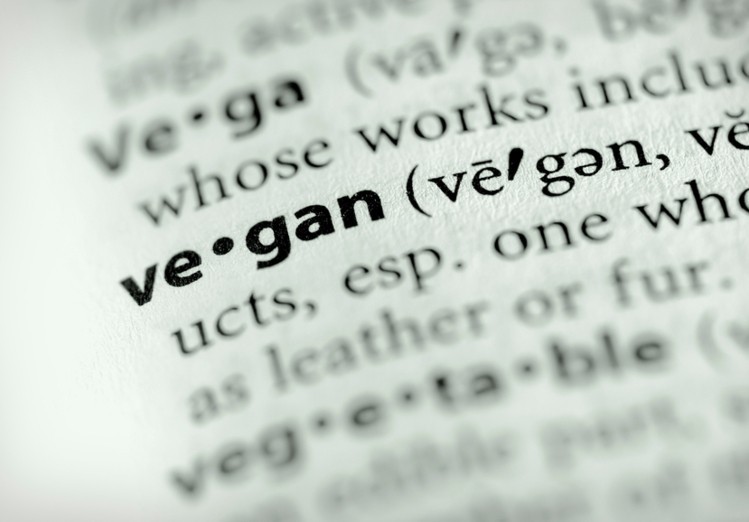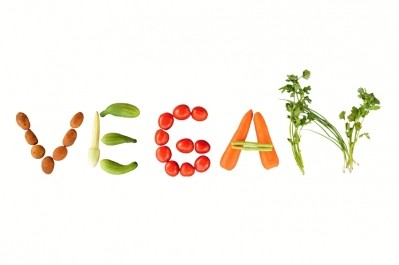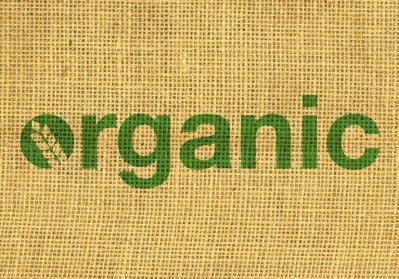EU to set legal definition of vegetarian and vegan food

Preparatory work for an implementing act on labelling vegan and vegetarian food will begin in 2019, the European Commission confirmed last week in its Regulatory Fitness and Performance Programme Scoreboard Summary, published as part of the ongoing REFIT programme, which aims to make EU regulation and policy-making more efficient and cost-effective.
Back in 2011, article 36 of the European regulation on Food Information to Consumers (EUFIC) noted the Commission was required to adopt an implementing act on information “related to suitability of a food for vegetarians or vegans”.
Crucially, however, this regulation did not specify a time-frame for this act and the Commission has been dragging its feet on the implementing act since EUFIC came into force.
Last week's announcement was welcomed by the European Vegetarian Union (EVU), which has been lobbying the EU for a definition since 2008.
“European consumers of vegan and vegetarian foods as well as their suppliers in production and retail will be able to rely on one set of rules for plant-based food. This will improve the positions of all parties involved in the food chain,” it said.
“The commitment of the EU-Executive is now on record and paves the way for a crucial piece of ‘vegetarian law’.”
FDE: 'A definition is essential'
EVU's definition of vegetarian and vegan:
Vegan foods are not of animal origin and in which, at no stage of production and processing, use has been made of or the food has been supplemented with:
- ingredients (including additives, carriers, flavourings and enzymes)
- processing aids
- substances which are not food additives but are used in the same way and with the same purpose as processing aids
in either processed or unprocessed form that are of animal origin.
Vegetarian foods meet the requirements of paragraph 1 with the difference that in their production, the following may be added or used:
- milk,
- colostrum,
- eggs
- honey
- beeswax,
- propolis
- wool grease (including lanolin derived from the wool of living sheep or their components or derivatives)
(translation by EVU)
The EVU has been working with FoodDrinkEurope (FDE), the association that represents the interests of European food and drink manufacturers, on a draft definition of the terms (see below).
An FDE spokesperson said it fully supported the Commission’s work on defining vegetarian and vegan foods.
“Taking into account the rising interest in and demand for vegan and vegetarian foods and the correspondingly increasing relevance of this market segment, a definition is essential in order to guarantee the freedom of choice of the consumers as well as the proper functioning of the single market for foodstuffs. We are working together with the EVU and stand ready to further support this process."
Legal certainty
According to Oliver Hartmann, legal consultant at Keller and Heckman, the Commission's commitment to begin the implementing act is a positive development that “will create some legal certainty”.
“On the one hand, this could be seen as a surprise to some extent because recently the Commission mentioned it could not commit to a timing for the draft. But, on the other hand, there has been some pressure on the Commission to finally act, especially from the REFIT platform and because of developments at national levels,” he told FoodNavigator.
In 2016, consumer protection ministers of the German federal states [Länder] unanimously voted in favour of a proposal for a legal definition of the terms vegan and vegetarian.
The wording of the definition was jointly and consensually developed by a Länder working group; industry lobby, the German Federation for Food Law and Food Science (Bund für Lebensmittelrecht und Lebensmittelkunde) and VEBU, the German branch of the EVU.
However, Hartmann said it was difficult to say when the definition would actually enter into force, giving food manufacturers a level playing field across the bloc.
Once the Commission finalises its draft, member state representatives in the Standing Committee will vote for or against its adoption.
The EVU admitted that other upcoming political issues in 2019 could sideline the draft.
“The EVU will keenly watch over [this], so that Brexit, elections to the European Parliament and the appointment of a new College of Commissioners, all of which will be happening in 2019, will pose no distraction for the cause,” it said.
In addition to vegetarian and vegan labelling, the REFIT Platform adopted also adopted two opinions in the field of health and food safety; one on pesticides residues and on traditional herbal medicines. "The opinions will be followed up through the ongoing evaluations on the pesticides legislative framework and on the health claims regulation," the Commission said.
























